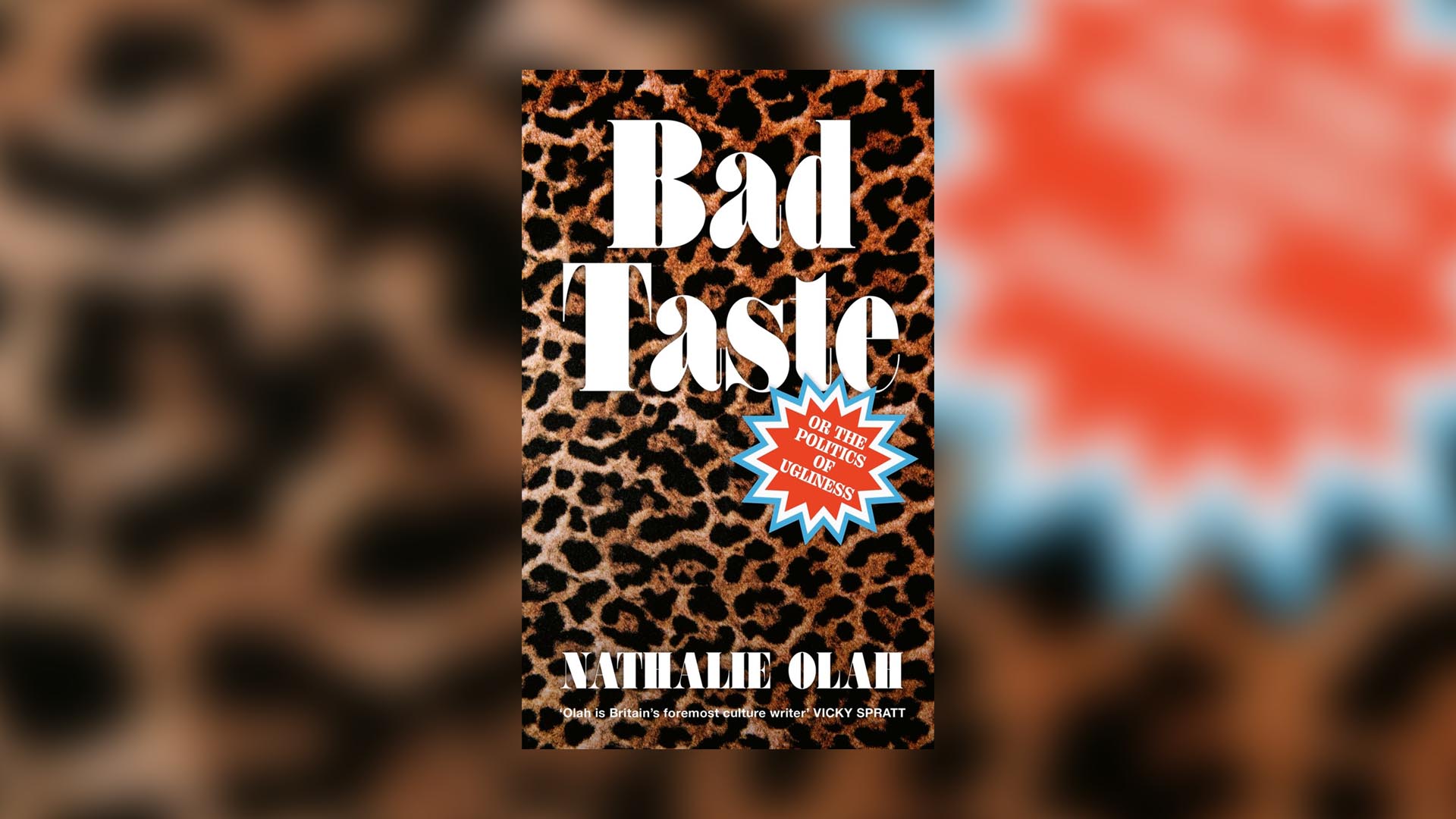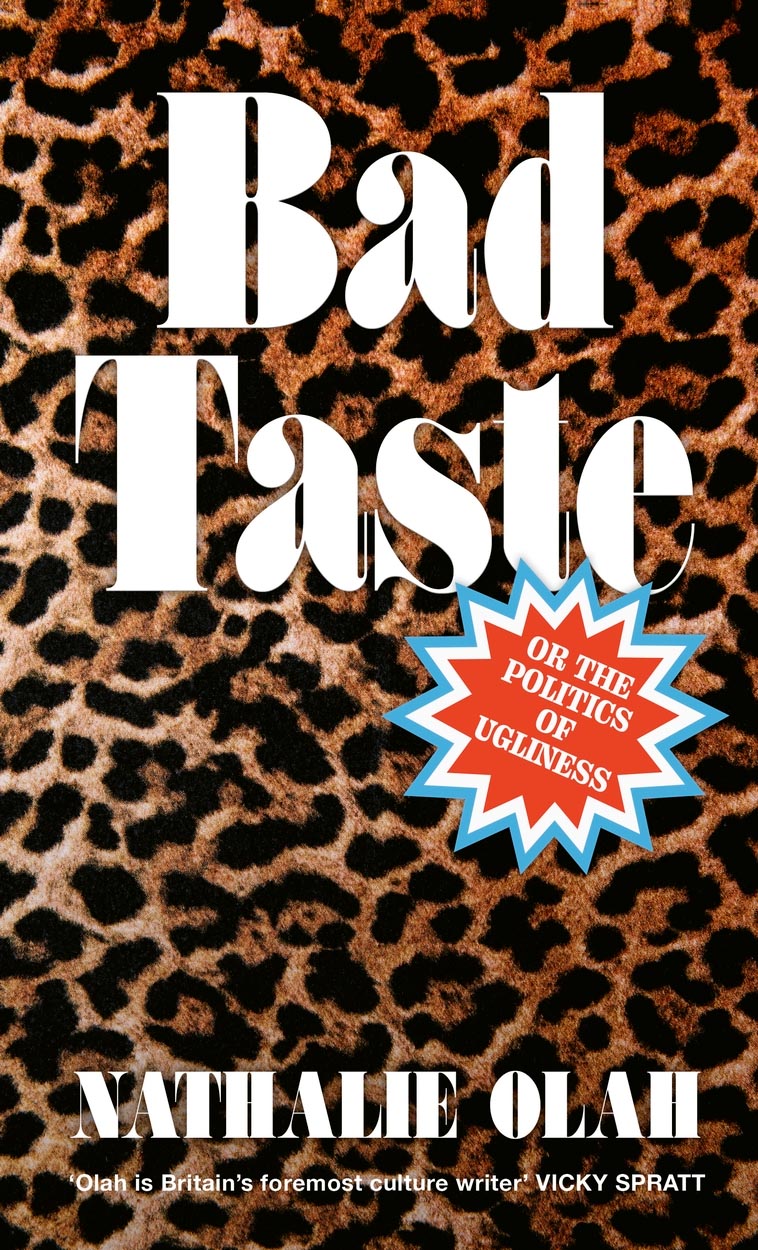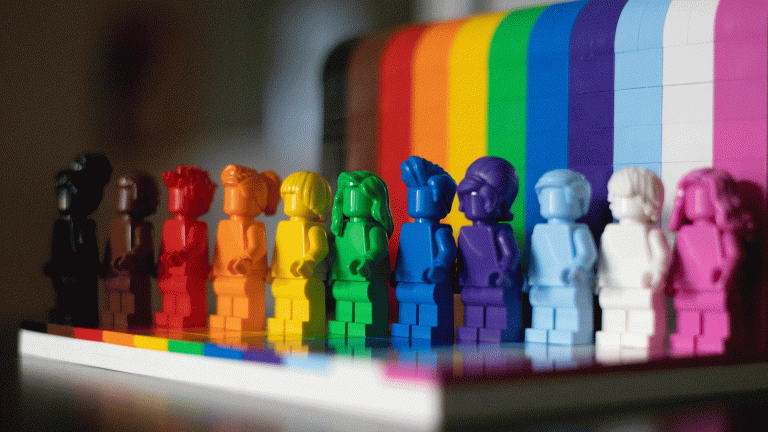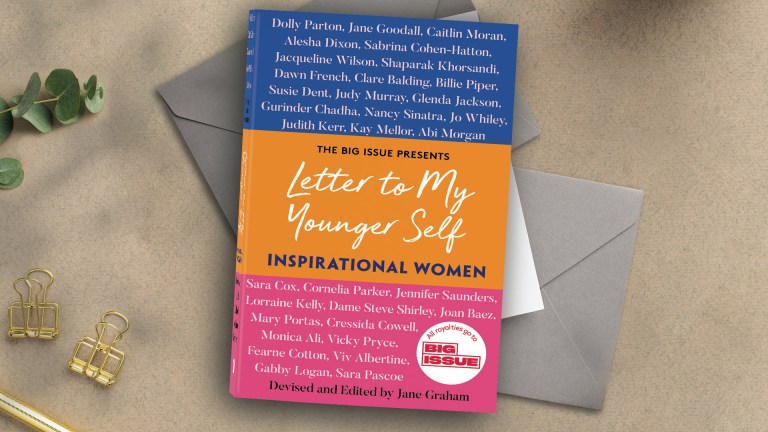It should come to the surprise of no one aware of Nathalie Olah’s bibliography that her latest Bad Taste: Or the Politics of Ugliness, is as relentlessly class conscious and anti-capitalist as her priors, Steal as Much as You Can and Class. Bad Taste is a book that invites us to question all the choices we believe we have made entirely of our own accord and to reckon with the preordained nature of consumerism.
Olah’s scrupulous gaze is diverse as she demonstrates that taste is more than choosing maximalism over minimalism; it is used as a marker of morality, of class and of status. Olah astutely unpacks the way Frasier turned the therapist into a proto-podcaster, the abundant and therefore rebellious fashion choices of Diana and the trend of renovations leaving interior design looking more like dentists’ offices than homes.
Change a Big Issue vendor’s life this Christmas by purchasing a Winter Support Kit. You’ll receive four copies of the magazine and create a brighter future for our vendors through Christmas and beyond.
Reading this book will shift your perspective, as Olah forces us to reckon with the truth behind the nuances of our decision-making. Every hobby, item of clothing and culinary choice has a hierarchical history and in our unconscious consumptions we have become unwittingly bound to a level of status maintenance.
I think Olah would be proud of the state of my copy of Bad Taste, with its stains and smudged edges from tumbling around at the bottom of a worn-out tote. It defies the consumerism of publishing that fills Instagram grids with influencers and writers showing off our immaculate review copies (of this, I too have been guilty). But then again, perhaps not.
Olah would point out that any defiance of aesthetic is still a choice regarding taste. Choosing climbing shoes over trendy trainers, practicality over looks has, time and time again, become a trend: from the bonnets of the Brontë sisters to the normcore of Succession. Bad Taste has taught me that no taste-defining choice I make is uninfluenced and, on our quest to demonstrate our individuality, we are all becoming much of the same.










